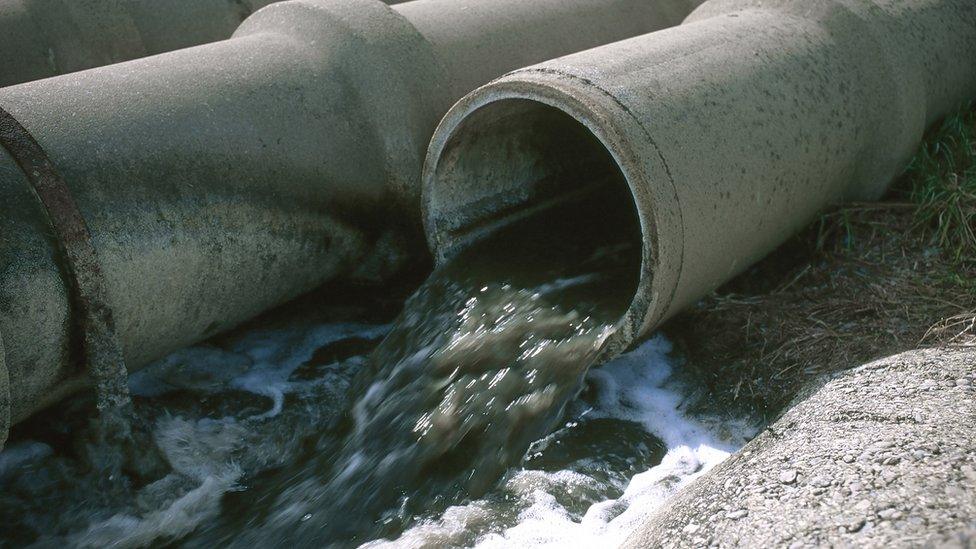Scale of raw sewage released into Gloucestershire's rivers 'staggering'
- Published
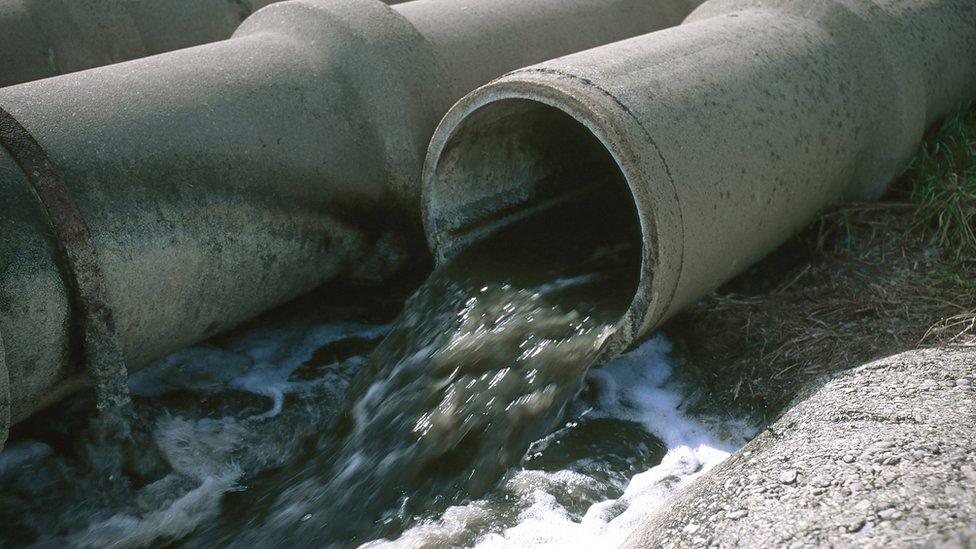
The Rivers Trust data shows that there were 5,178 releases into local watercourses last year
Raw sewage was released into Gloucestershire's rivers more than 5,000 times in 2021, according to the latest figures.
Liberal Democrat group leader Paul Hodgkinson at Gloucestershire County Council said the scale of the releases was "simply staggering".
The Forest of Dean district recorded the highest number of cases with 1,727 releases for a total of 14,987 hours.
The Cotswolds district and Tewkesbury borough were not far behind.
The Rivers Trust figures for pollution by water company spills show that there were 5,178 releases into local watercourses for a combined total of 50,602 hours last year, according to the Local Democracy Reporting Service.
The practice, which is meant to be used only in cases of absolute emergency, saw an average of 137 hours of dumping each and every day in 2021.
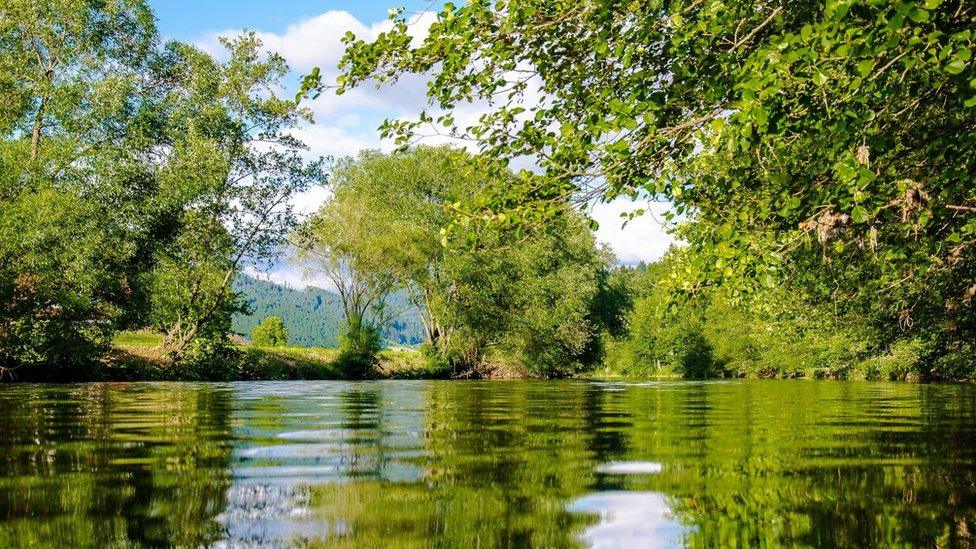
Environmental campaigners are concerned about the impact of sewage on our rivers
Severn Trent, as the largest operator in the county, made up nearly three quarters of all release hours, at 37,602.
Mr Hodgkinson said: "This is a practice that is meant to be used only in exceptional circumstances, yet it is blatant, even to the most casual observer, that it has become a routine practice.
"It's time to send a message once and for all that this filthy practice has to end."
Environment chiefs for the council said sewage overflow was not one of their responsibilities but they were taking every step they could to influence and shape positive change to ensure Gloucestershire's rivers were kept clean.
At a Gloucestershire County Council task group meeting in November, Severn Trent conceded that it had no plans to stop dumping raw sewage into local rivers.
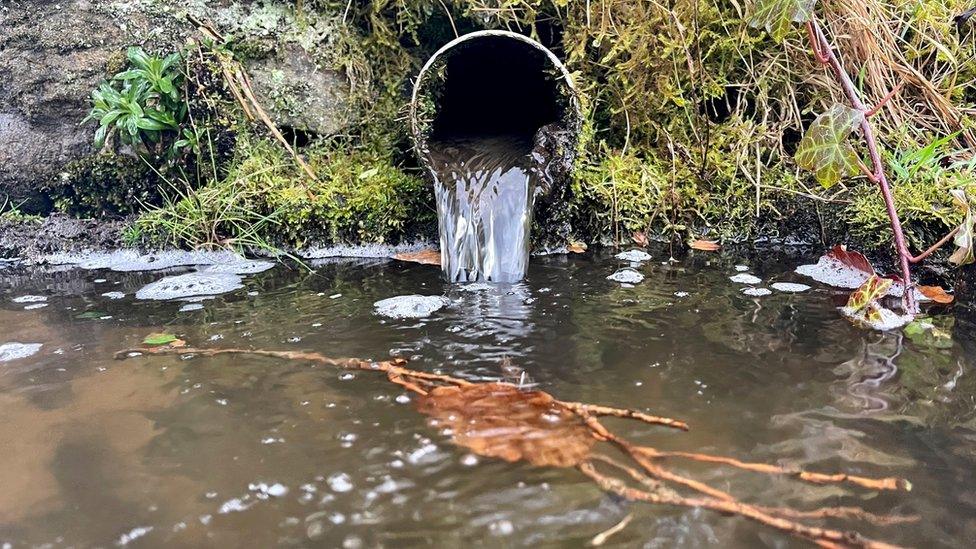
Severn Trent said it was "working hard to use overflows less"
Responding to the new figures, a Severn Trent spokesperson said the firm was "working hard to use overflows less".
This included "investing £100m a year to go even further in improving rivers".
"As part of our Get River Positive approach we intend to make sure that our storm overflows and sewage treatment works do not harm rivers, based on the Environment Agency measures," the spokesperson added.
Wessex Water said it was addressing its storm overflows which had the greatest impact on the environment.
A spokesperson said: "We're committed to completely eliminating the discharge of untreated sewage, starting with storm overflows that discharge most frequently and those that have any environmental impact.
"Every month we're investing more than £3m to reduce storm overflows across our region, with £150m being spent between 2020 and 2025."
Thames Water said it hoped to stop raw sewage releases within the next 30 years.

Follow BBC West on Facebook, external, Twitter, external and Instagram, external. Send your story ideas to: bristol@bbc.co.uk , external
- Published16 April 2022
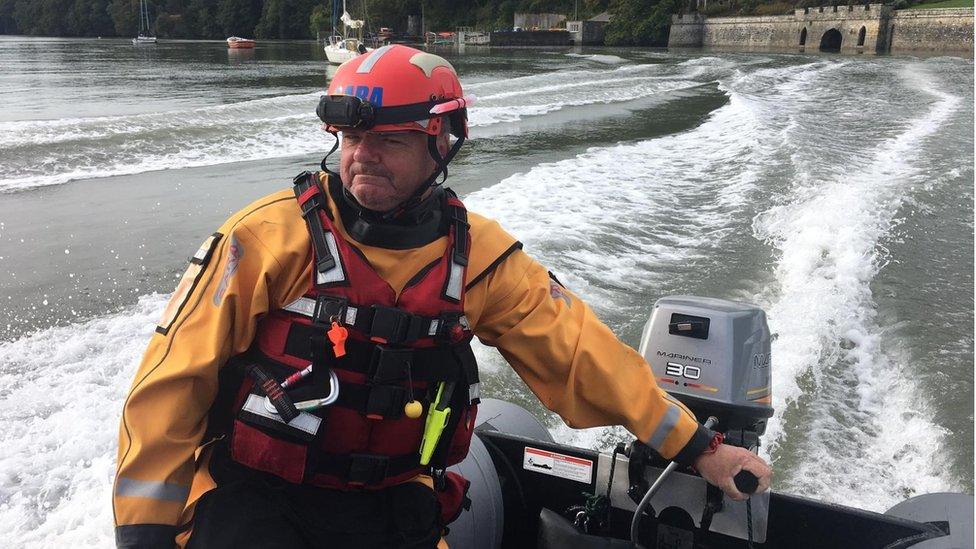
- Published8 February 2022
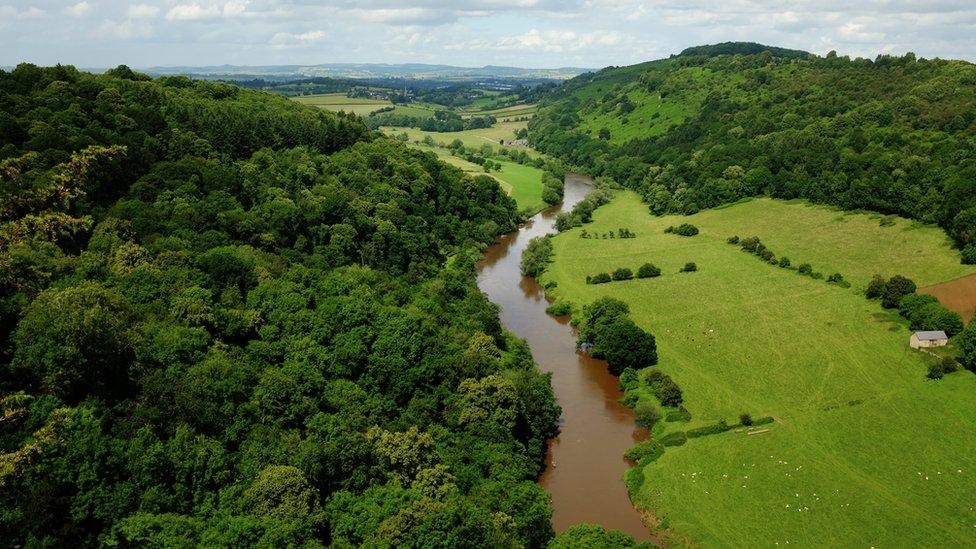
- Published20 July 2021

- Published13 July 2021
